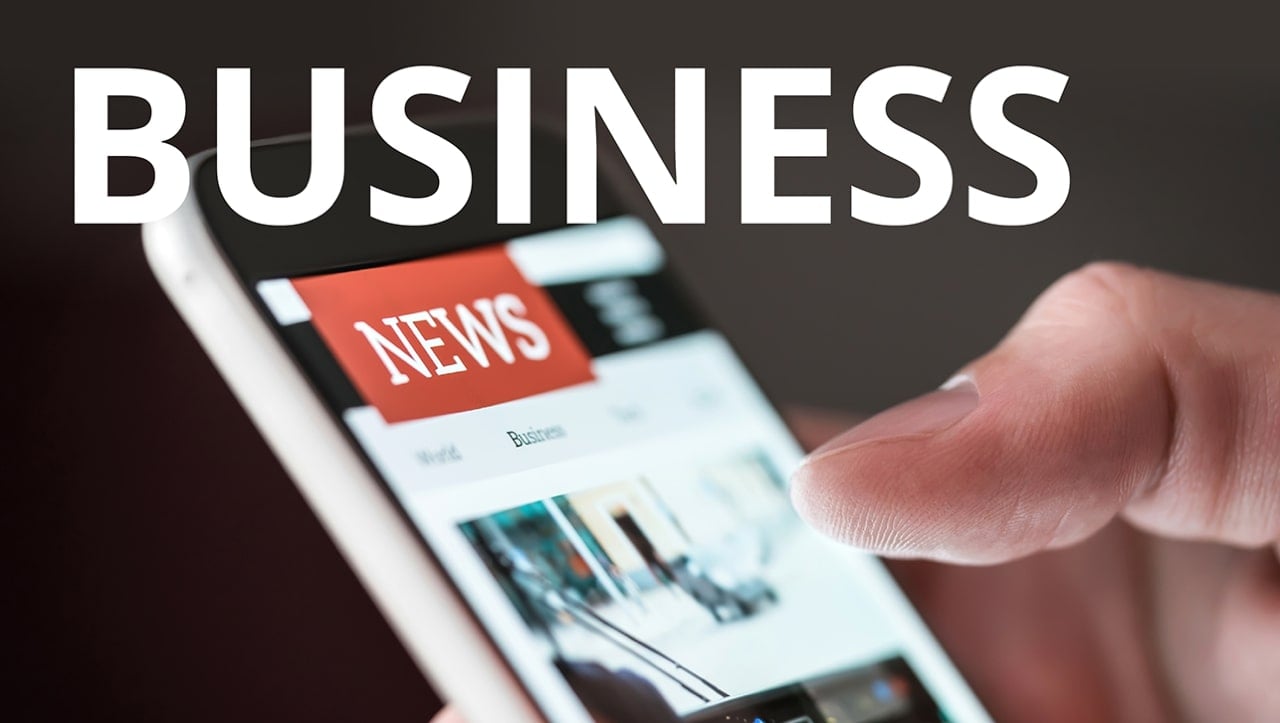Some Known Incorrect Statements About Popular News
Some Known Incorrect Statements About Popular News
Blog Article
All About Popular News
Table of ContentsThe Best Guide To Popular News3 Easy Facts About Popular News ExplainedThe 25-Second Trick For Popular NewsThe Only Guide for Popular News
Age is additionally a consider the way individuals see the duty of social media. More youthful social networks news consumers are most likely to claim it has actually impacted their understanding right. Regarding fifty percent of social media sites news customers ages 18 to 29 (48%) state news on social media sites makes them far better notified, compared to 37% of those 30 to 49, 28% of those 50 to 64, and 27% of those 65 and older.Reporters weigh information values when identifying whether or not to cover an occasion or statement. Arguably the most vital aspect of newsworthiness is whether or not the news item being connected effects an information electrical outlet's audience.
Closeness is very important. Reporters have an interest in points that affect their areas. Research study on a state's new tax code likely won't create the very same rate of interest throughout state boundaries. Sometimes experts can aid center a bigger national story that influences greater than just a city or state. In these situations, it is necessary to be looking for possibilities where subject professionals can provide insight or where similar jobs might be taking place locally.
If you are releasing relevant research, loophole in MarComm before the post being published to ensure that the pitch can stress the newest aspect of the story: the magazine of the research study. Occasions and news that involve high-profile figures are a lot more most likely to create media coverage. Brows through from national numbers usually require months of preparation as a result of awaited community rate of interest.
How Popular News can Save You Time, Stress, and Money.
We can aid reduce potential reputational danger with these stories while likewise increasing the chances of creating protection. While several of the above news values are interwoven, human passion stories commonly stand apart.
Human interest aspects can include news value to various other tales that might appear to be doing not have in the various other values. The novelty or peculiarity of a scenario can assist affect whether or not an information electrical outlet is most likely to cover a story. While this is not an exhaustive checklist, examining to see if your story or occasion has these top qualities before contacting us will certainly aid you identify which aspects hold one of the most information worth.

Getting The Popular News To Work
There is also substantial proof that even more consumers might begin to spend for news in the futureif authors can recognize them and serve them well. Fifty percent of those who do not spend for news proactively seek news and appear like clients in different ways. And virtually 2 in 10 of those that do not sign up for news currently indicate they are inclined to start to pay in like this the future.
We after that ask a set of concerns to figure out whether individuals spend for certain types of information sources (Popular News). We asked individuals to name the resources they utilize most oftenwhether they pay for them or nothow they utilize them, the particular things they consider essential about them, and some relevant questions about the cost and worth of that source
People are attracted to news as a whole for 2 reasons over others: A wish to be educated citizens (paper clients in specific are highly encouraged by this) and due to the fact that the publication they sign up for excels at covering specific topics about which those clients particularly care. While there are a host of reasons, the No.
Greater than 4 in 10 likewise cite the truth that loved ones register for the exact same item (Popular News). Greater than a 3rd of individuals state they initially subscribed in reaction to a price cut or promotion. In print, individuals also are relocated heavily to register for get discount coupons that conserve them cash, something that has untapped ramifications in electronic
Rumored Buzz on Popular News
Regarding fifty percent are "information candidates," meaning they actively seek out news instead of largely running across it in a more passive method, though the information that nonpayers are looking for (in the meantime, at the very least) is commonly regarding nationwide politics. Like subscribers, most of these people also get news multiple times a day, use the information in means comparable to clients, and are interested in similar topics, including foreign or global information.

Of those that do pay, 54 percent register for papers in print or digitally, which represents 29 percent of Americans on the whole. A lot of them acquire a print magazine in addition to their newspaper and spend for two to four information sources in total amount, some a lot more. And while 53 percent are long-time customers (5+ years), greater than a quarter (27 percent) have bought their paper registration within the previous year.
Couple of print customers think it likely they will switch over to a digital-only registration this link in the future, and more than half of those that favor digital have never ever spent for a print variation of the same source. Completely 75 percent of paper payers say they mostly read the paper in print, while 21 percent are mainly electronic customers, and 4 percent describe themselves as equally split.
Report this page